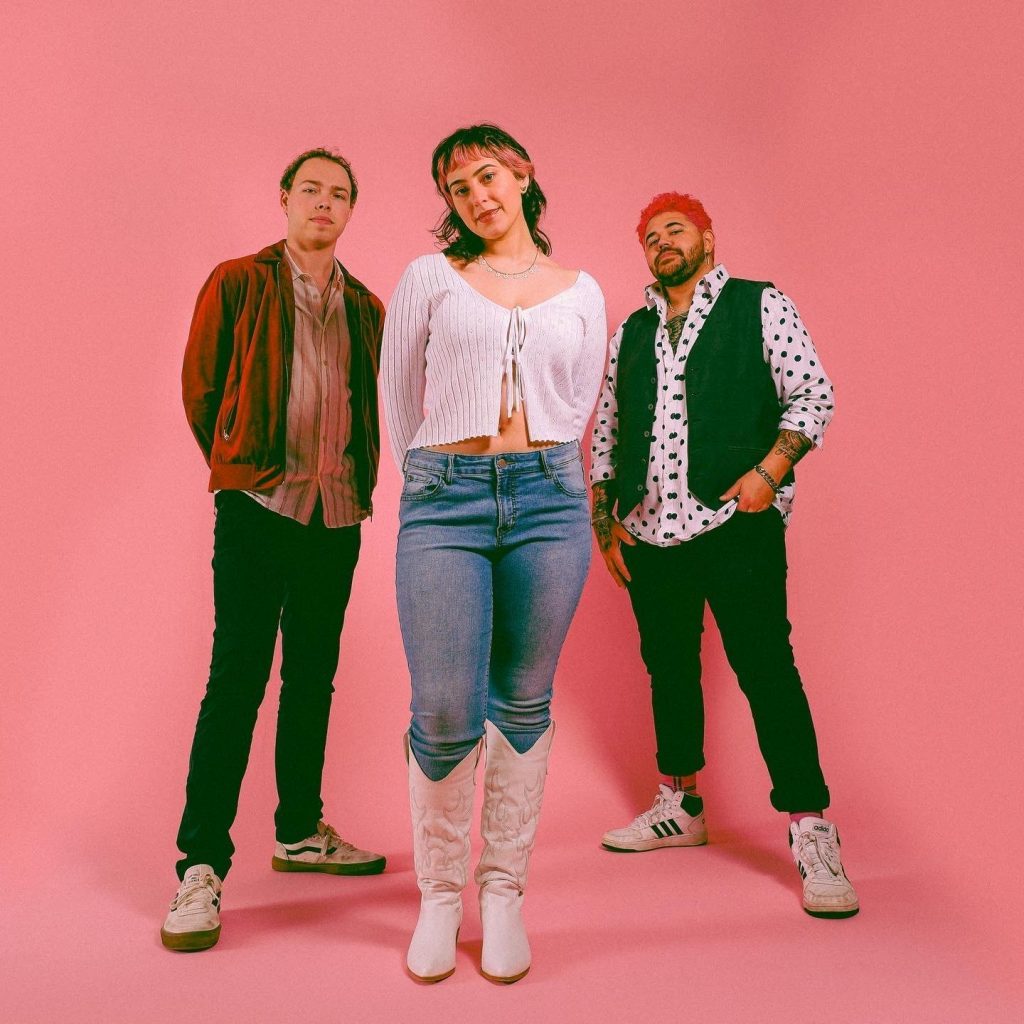The Russo-Ukrainian War and wider conflict of NATO versus Russian influence has captured global attention and interest, particularly in America, New York and the New Paltz community.
Ukraine has drafted male citizens ages 18-60 and has been successful in preventing Russia from occupying major cities. Stephen Pampinella, SUNY New Paltz professor of political science and international relations, believes this is due to NATO military aid, but more importantly, Ukrainian nationalism. He says Ukrainian people were prepared to fight for their country. “That’s the most fundamental thing that had to be present for them to be successful.”
According to a Reuters poll, 74% of Americans support a no-fly zone in Russia. Pampinella calls this frustrating and believes it is a dangerous example of American exceptionalism — the idea that America has a unique role to play in spreading liberal democracy around the world. “It’s important to remember that Russia is still going to exist at the end of this war, and we will have to work with them on issues such as climate change and the pandemic,” he says.
For Katya Stanislavskaya, theater professor at SUNY New Paltz and Ukrainian immigrant, national identity is complex. Stanislavskaya grew up in Ukraine when it was still considered part of Russia, and identity was centered around being Soviet. She points to the similarities in Russian and Ukrainian heritage, and the closeness of the two countries, calling the war “brother against brother.”
While Stanislavskaya says she would love for Putin to be removed from power and put on trial for war crimes, she feels conflicted on the idea of military action. “I’m a peaceful person, so I don’t support military action that we don’t need to take. At the same time, I feel like, ‘oh, so you want action now that it’s your homeland?’” she says. “I regret not paying attention to issues in the past, and although it’s difficult to realize, it’s true that it’s easier to relate to people who look like us.”
Pierrette Farber, a therapist in New Paltz, held an event on April 30 to raise money for Ukrainians in crisis. She wanted to show positive change is possible, and has been touched by the support. “At the core of it, people do want to have community,” she says. “You see the people in Russia who are protesting, the soldiers in Russia who are shooting themselves in order to not participate. People don’t want to do bad things, but there are bad leaders.”
Stanislavskaya performed a song at the event which deals with her complex feelings surrounding her Ukrainian identity. She has always identified as an American first, and a former Soviet citizen and Jewish second.
“It’s hard to identify as Ukrainian when you’ve had to flee because you are Jewish. Who I am has not changed and my background has not changed, but at any age I can rethink my attitudes,” she says.
“Any country who wants to be their own country has the right to do so, and no one has the right to say no.”

